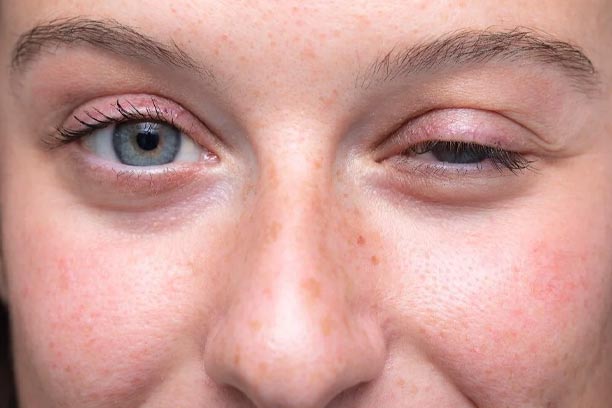Myasthenia Gravis Treatment in Bellary
Myasthenia gravis (MG) is a neuromuscular problem that leads to weakness in the skeletal muscles, which are the muscles your body utilizes for movement. MG happens when communication between nerve cells and muscles becomes hindered. This impairment keeps significant muscle contractions from happening, causing muscle weakness.
MG happens when communication between nerve cells and muscles becomes hindered. This impairment keeps significant muscle contractions from happening, causing muscle weakness. Visit neurology hospital in Ballari for myasthenia gravis treatment in Bellary from Dr. Siddarth S. Joshi
What is the primary cause of myasthenia gravis?
Myasthenia gravis is brought about by a problem with the signs sent between the nerves and the muscles. It's an autoimmune condition, and that implies it's the consequence of the immune system (the body's natural defence against infection) erroneously attacking a healthy part of the body.

What are the symptoms of myasthenia gravis?
- weakness of the eye muscles
- drooping of one or both the eyelids (ptosis)
- obscured or double vision (diplopia)
- a change in facial expression
- trouble in swallowing
- shortness of breath
- weakened speech (dysarthria)
What is the treatment?
Treatment for MG focuses on improving the symptoms. Treatment include:
- Meds: Cholinesterase inhibitors (anticholinesterase) boost signals between nerves and muscles to further improve the muscle strength. Immunosuppressants, including corticosteroids, decrease the swelling and decrease your body's production of abnormal antibodies.
- Monoclonal antibodies: You get intravenous (IV) infusions of biologically designed antibodies. These proteins smother an overactive immune system.
- IV immunoglobulin (IVIG): You get IV infusion of donor antibodies over a time of two to five days. IVIG can treat myasthenia crisis as well as generalized MG.
- Plasma exchange (plasmapheresis): An IV line eliminates abnormal antibodies from your blood.
- Medical procedure: A thymectomy is a medical procedure to eliminate the thymus gland. Regardless of whether tests show an issue with your thymus gland, surgical removal in some cases further enhance symptoms.
When to see a specialist?
Converse with your doctor if you experience issues:
- Seeing
- Breathing
- Swallowing
- Chewing
- Walking
- Utilizing your arms or hands
- Holding up your head
